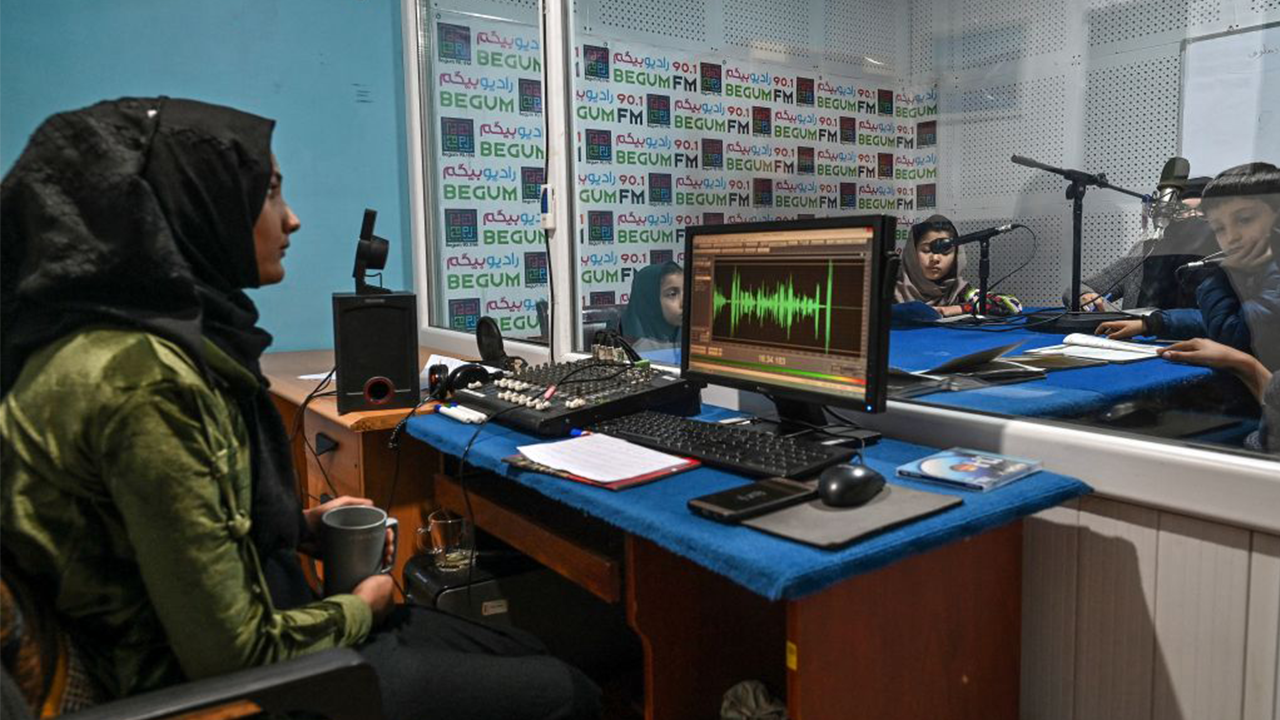Time is running out for the hostages.
That is the message both those released from captivity in the Gaza Strip and their families have been giving to Israeli leaders with growing urgency in the days after the cease-fire with Hamas expired and a stream of hostages stopped returning home.
On Tuesday, Prime Minister Benjamin Netanyahu and others in the Israeli war cabinet met with families of those being held by Hamas, which abducted some 240 people when it attacked Israel on Oct. 7. They were joined by some of the freed hostages. The meeting was contentious.
Afterward, the families released an account that included what they described as direct quotes from the freed hostages about conditions of those still in captivity.
“They don’t have another second, their lives are in danger there in the Hamas tunnels,” one said.
“They touch our girls,” said another.
“They shaved off all of dad’s body hair to humiliate him,” said a third.
The war cabinet members — including the current defense minister, Yoav Gallant, and a former defense minister, Benny Gantz — took questions, but the families clearly found their answers unsatisfying.
A day later, some were expressing anguish.
“We want our family back home,” Idit Ohel, whose 22-year-old son, Alon, is a hostage, said Wednesday. “So can I tell you if I know better than the I.D.F.? I don’t know.”
Her husband, Kobi Ohel, was at the cabinet meeting on Tuesday, and it was not easy for him to hear the freed hostages’ accounts, she said. “We have to figure this out as fast as we can,” she said.
At a news conference on Tuesday, Mr. Netanyahu attributed the return of those hostages who are now free to “a combination of a ground incursion of unprecedented strength and a continuous diplomatic effort.”
“And I tell you,” he said, “this is the only way to also return the hostages who are still in Hamas captivity. And we are committed to doing so.”
The released hostages have also emphasized the importance of allowing the International Committee of the Red Cross to visit the remaining hostages. “Each day that passes may be their last day, and the suffering they go through is inhumane,” the group wrote, in a letter to the organization.
The Red Cross acted as a facilitator during the release and transfer of hostages held in Gaza and of Palestinian detainees. The organization — which identifies as a “neutral intermediary” — has yet to visit the hostages, though it has repeatedly insisted that it should be allowed to while noting without assigning blame that “necessary” agreements had not been reached. In a statement published on Nov. 20, the Red Cross said that it “cannot force its way in to where hostages are held, nor do we know their location.”
On Wednesday evening, Mr. Netanyahu announced in a statement that he had spoken to the president of the Red Cross again. “I told her to turn to Qatar, since it has been proven that they have leverage over Hamas, and demand Red Cross visits with our hostages and, of course, the providing of medicines for them,” the statement read.
According to new intelligence information, the number of hostages remaining in Gaza is now believed to be 138 people, Rear Adm. Daniel Hagari, the Israeli military’s chief spokesman, said on Tuesday evening. Among them are about eight with American citizenship, U.S. officials have said.
How best to secure their return has become a point of contention among the families, and they have used their public visibility to pressure Israel’s government and members of the Knesset.
“This past week has been very frustrating and very demoralizing,” said Udi Goren, whose cousin Tal Haimi is being held hostage. “We had hopes that the cease-fire and the return of the hostages would continue and lead to further deals.”
“All we are being told is that right now it is time for war, and that we should just wait again until Sinwar says it’s OK to have another deal,” he said, referring to the head of Hamas in Gaza, Yahya Sinwar.
On Monday, Mr. Goren expressed his growing frustration and fears for the hostages at the Knesset.
“The offensive endangers them, and they are at the mercy of their captors,” he said of the renewed Israeli military assault.
Israel, he argues, has other tools at its disposal to win their freedom.
“I refuse to accept the statement that there are no other ways,” he said.
Matthew Mpoke Bigg contributed reporting.





